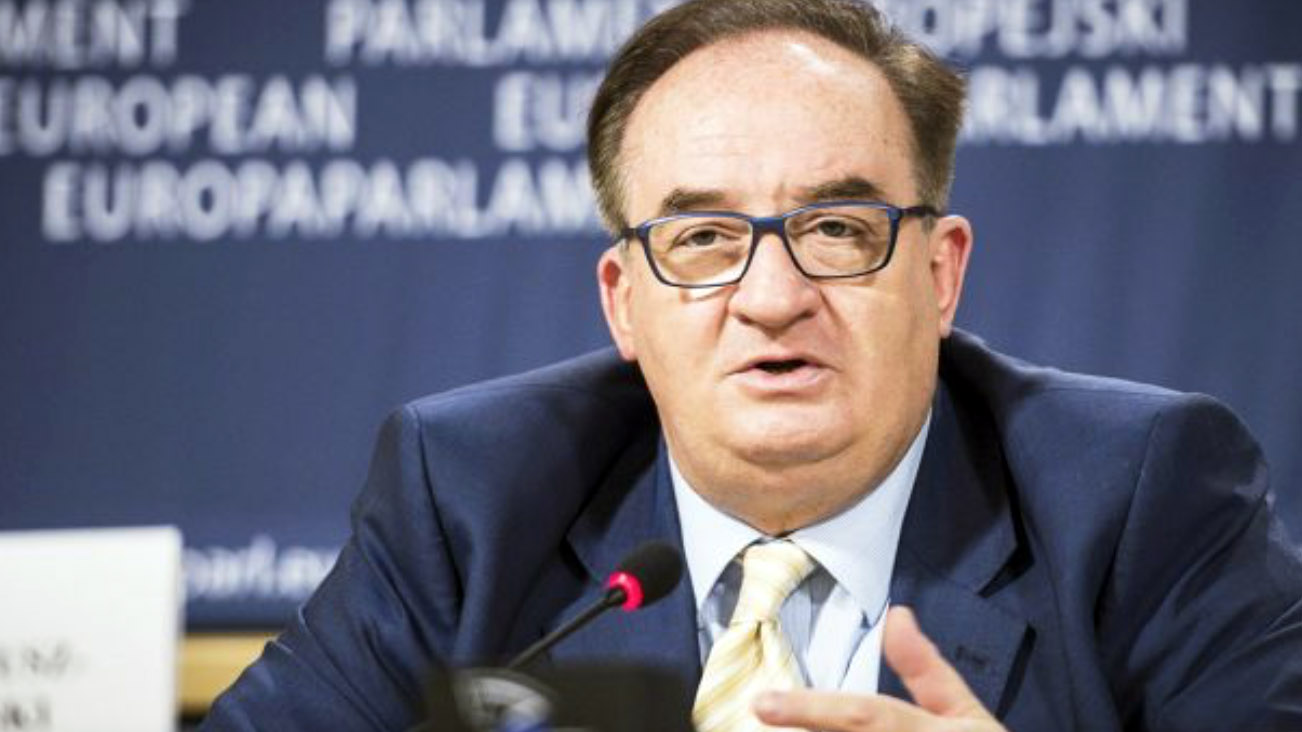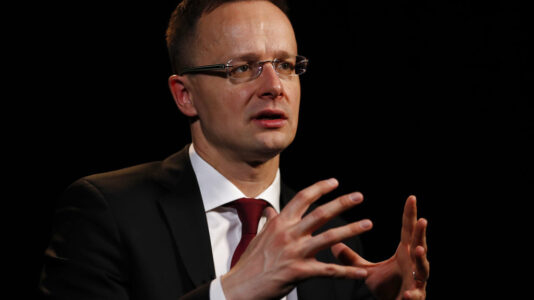In a frank post-election commentary, Jacek Saryusz-Wolski, the outgoing MEP from Poland’s Law and Justice (PiS) party, lamented the European right’s failure to secure a blocking minority in the European Parliament. The right-wing factions, despite hopes of winning 200 seats, only managed to secure 159, falling short of the numbers needed to significantly influence parliamentary proceedings.
Speaking at the congress of the Gazeta Polska Clubs in Sulejów in central Poland, Saryusz-Wolski provided a sobering analysis of the election that took place last Sunday. With the ruling coalition having a surplus of 40 seats beyond the necessary half for forming a new EU commission, the fractured state of the right stands out as a significant setback.
“The power-holding group won — they have 400 seats (European People’s Party, Socialists and Renew Europe). To form a new commission, half of the seats are needed, so 361 seats. They have a 40-seat buffer in case there are breakdowns within their own ranks. We have a declaration from the Greens on the table that they will support the power-holding group. They are also counting on some of our faction — the Brothers of Italy — to support them,” he pointed out.
“The mainstream has prevailed. The elections did not go our way. We had hoped to achieve 200 seats. If you count all of us together, we have 159 (including the European Conservatives and Reformists and Identity and Democracy). We wanted to have a blocking minority at the parliamentary level — we will not have it. The right won, but not sufficiently to change the course of affairs. I owe you honesty,” said Saryusz-Wolski.
Further adding to the disappointment, Saryusz-Wolski highlighted the division within the European right, revealing failed negotiations to unite the right-wing factions across the continent. Notably, discussions with Marine Le Pen did not lead to a unified front, leaving the right divided into two or three factions. The Italian right, particularly the Fratelli d’Italia (Brothers of Italy), rejected the idea of forming a “supergroup,” complicating efforts to consolidate power.
This division and the lack of a cohesive strategy could impact the right’s ability to challenge the current power holders in the parliament, who boast a comfortable majority.
Jacek Saryusz-Wolski himself, who was an MEP for four terms, did not manage to win re-election this year.






